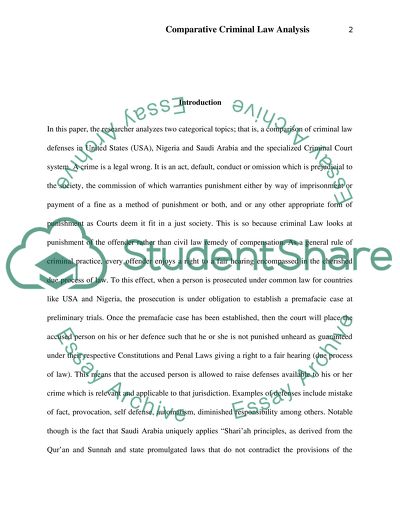Cite this document
(“Term paper for criminal justice class Example | Topics and Well Written Essays - 3750 words”, n.d.)
Retrieved from https://studentshare.org/sociology/1473861-term-paper-for-criminal-justice-class
Retrieved from https://studentshare.org/sociology/1473861-term-paper-for-criminal-justice-class
(Term Paper for Criminal Justice Class Example | Topics and Well Written Essays - 3750 Words)
https://studentshare.org/sociology/1473861-term-paper-for-criminal-justice-class.
https://studentshare.org/sociology/1473861-term-paper-for-criminal-justice-class.
“Term Paper for Criminal Justice Class Example | Topics and Well Written Essays - 3750 Words”, n.d. https://studentshare.org/sociology/1473861-term-paper-for-criminal-justice-class.


